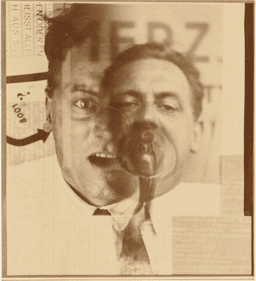
Kurt Schwitters
@kurt-schwitters
Kurt Schwitters: Pioneer of Assemblage and Dada Innovation
Kurt Schwitters was a revolutionary German artist born in Hanover in 1887 who fundamentally transformed how we perceive art materials and meaning. Though he spent his final years in Norway due to Nazi persecution, his fearless experimentation and boundless creativity left an indelible mark on twentieth-century art history.
As a central figure in the Dada movement, Schwitters embraced absurdity and anti-art principles with unparalleled enthusiasm. However, he carved his own distinctive path by developing Merzbau, a deeply personal artistic philosophy that celebrated humble, discarded materials as worthy subjects for serious artistic exploration. This approach represented a radical democratization of art, transforming everyday refuse into profound aesthetic statements.
Schwitters's most celebrated innovation was the Merzbau, an immersive environmental installation that consumed his Hanover studio. This ever-evolving three-dimensional collage incorporated found objects, fragments of buildings, and personal memorabilia into an overwhelming sensory experience. His assemblage works, including pieces constructed from ticket stubs, newspaper scraps, and broken materials, challenged conventional notions of artistic value and beauty.
His prolific output extended to poetry, graphic design, and experimental sound, demonstrating remarkable versatility across multiple creative disciplines. Works like his abstract collages and typographic experiments showcased his ability to extract poetry from detritus.
Forced to flee Nazi Germany in 1937, Schwitters spent his final years in exile, ultimately settling in Ambleside, England, where he continued creating until his death in 1948. Today, he stands recognized as a visionary who liberated artists from material constraints and established assemblage as a legitimate fine art medium. His influence reverberates through contemporary art, inspiring countless artists to reimagine trash as treasure and find meaning in the overlooked margins of modern life.